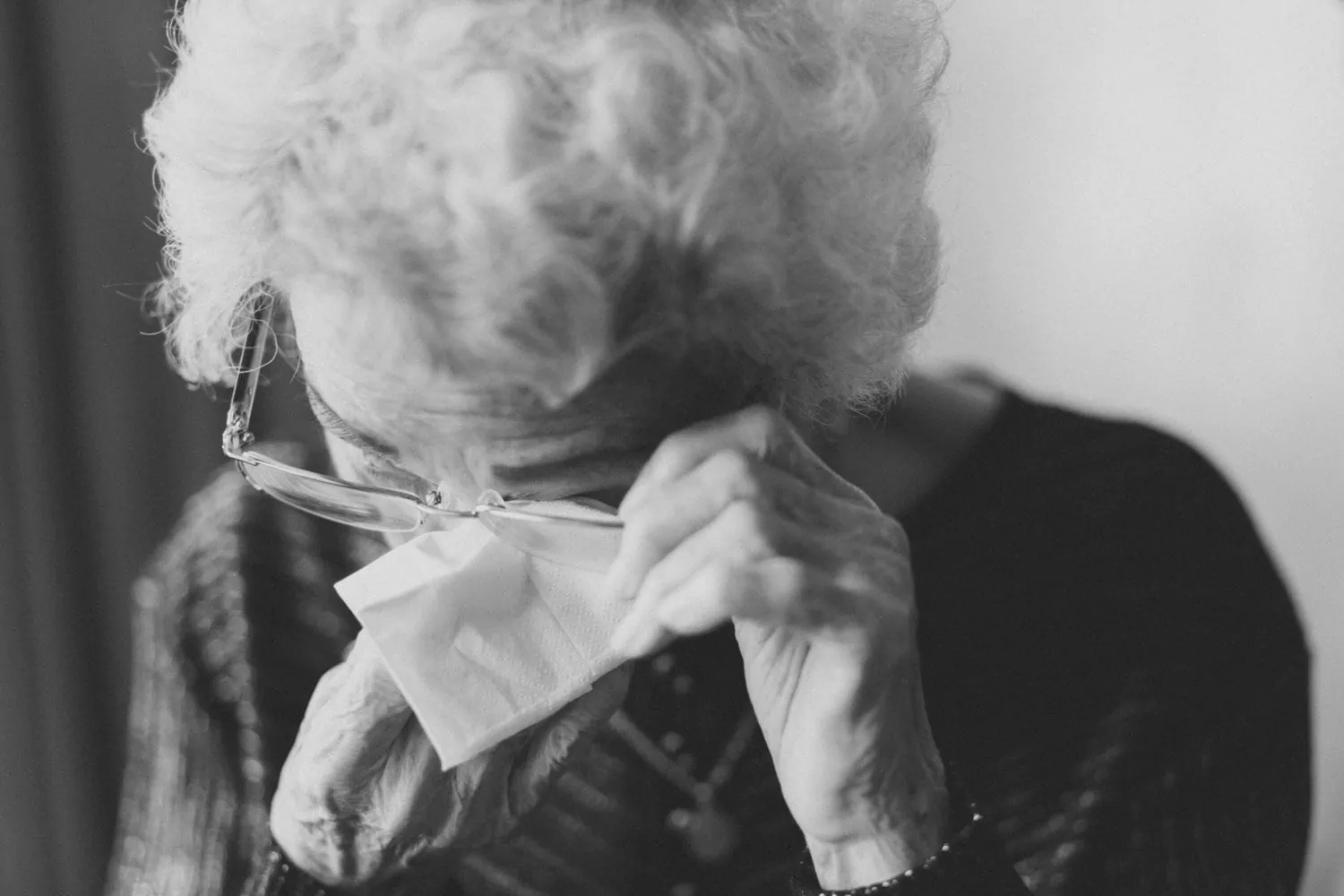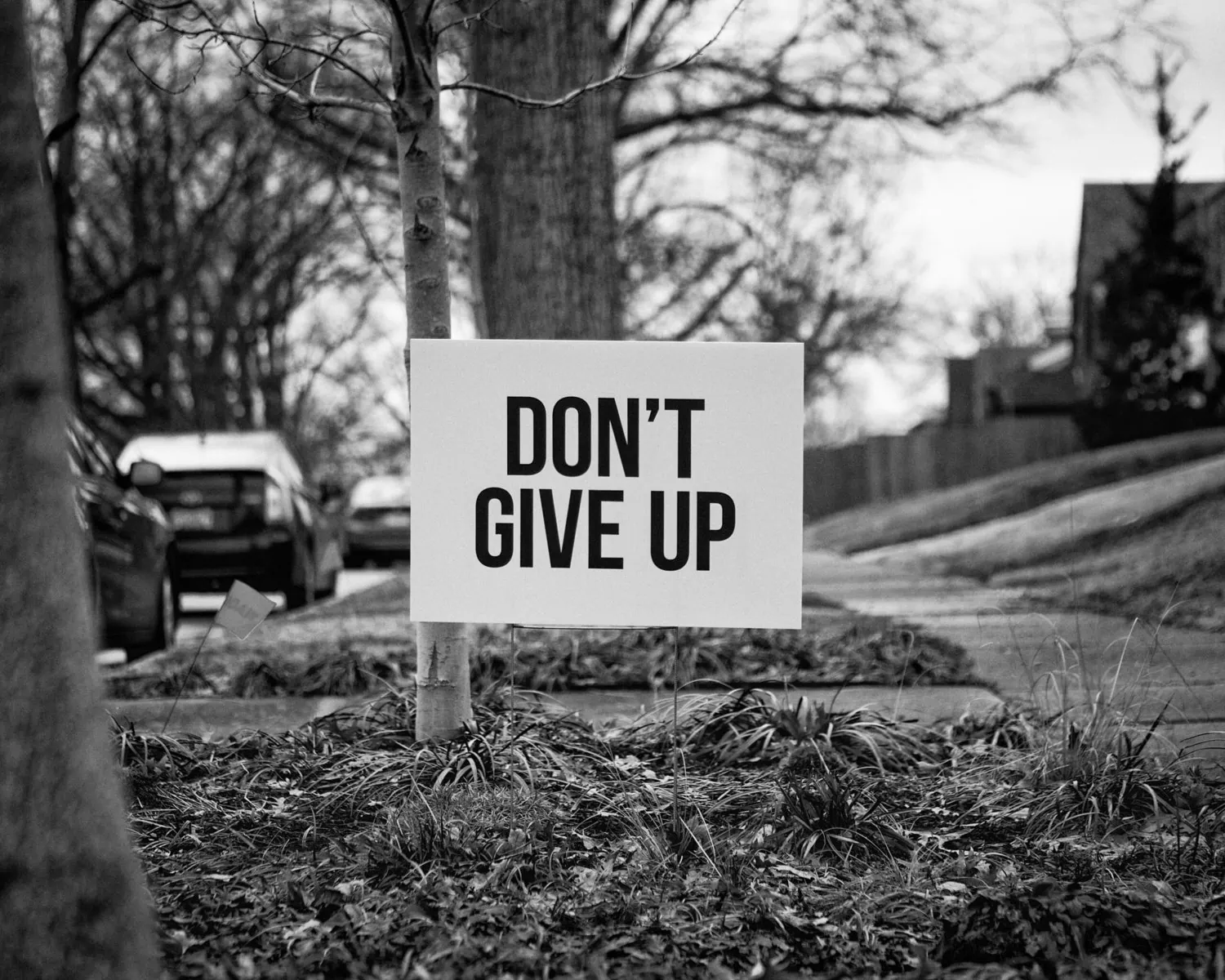Grief is a natural and normal response to loss. It is a process that everyone experiences differently. However, while it is important to allow yourself time to grieve and to process your emotions, there are times when seeking professional help in the form of grief counseling can be beneficial. But, you may wonder how to know if you need grief counseling.
In this blog, I will explore the signs that may indicate you could benefit from professional help as you navigate the grieving process. Further, I’ll discuss the ways in which grief counseling can support you in your healing journey.

How to Know if You Need Grief Counseling: Signs
Losing someone, whether it be by death or break-up, can be a traumatic event for many of us. Grief, then, is a completely normal and healthy response. However, it can feel overwhelmingly difficult to recover. You may even wonder if you need grief counseling.
Here are some signs that may indicate you could benefit from grief counseling.
How to Know if You Need Grief Counseling: Difficulty Returning to Your Daily Routine
After experiencing a loss, it can be difficult to get back into the swing of things. It is common to struggle with completing your daily tasks. Moreover, it’s normal to no longer enjoy participating in your hobbies or favorite activities shortly after the loss.
However, if you find this to be debilitating or if you find yourself not being able to complete basic self-care tasks (i.e., brushing teeth, brushing hair, etc.), then this may be a sign that you could benefit from grief counseling.

How to Know if You Need Grief Counseling: Persistent Feelings of Sadness or Hopelessness
Grief is not just sadness. Indeed, it can include a range of emotions like anger, guilt, and disappointment. It is completely normal to feel such emotions as you heal from a loss.
However, if these feelings are persistent and overwhelming, or if you are struggling to find any sense of hope or joy, then it may be a sign that you could benefit from grief counseling.

How to Know if You Need Grief Counseling: Difficulty Sleeping or Eating
Furthermore, grief is not simply an emotional process. Rather, grief can also take a physical toll on the body. In fact, it is common to experience changes in sleep patterns and appetite.
However, if you are experiencing a significant deterioration in health due to your difficulty sleeping or eating, then you may want to consider grief counseling.
After all, it is important to take care of yourself – especially in times of distress. Yet, it may seem extra difficult. That’s why grief counselors are there to help.

How to Know if You Need Grief Counseling: Difficulty Functioning at Work or School
It is normal for grief to also affect your ability to concentrate and focus. However, with so many societal demands, this can feel frustrating. You may even wonder how to know if you need grief counseling.
Thus, if you are struggling to function at work or school, it may be a sign that you could benefit from grief counseling.
How to Know if You Need Grief Counseling: Increased Reliance on Alcohol or Other Substance
It is natural to want to find ways to cope with your feelings after experiencing a loss, but turning to alcohol or other substances as a way to numb your emotions can be harmful in the long run. If you find that you are relying on alcohol or other substances to cope with your grief, it is important to seek out grief counseling.

How to Know if You Need Grief Counseling: How Does it Help?
Grief counseling can be a helpful and important step in the grieving process. It provides a safe and supportive space to process and cope with your feelings. Additionally, grief counselors are here to help you develop healthy coping mechanisms to navigate the challenges of grief.
So, if you’re wondering how to know if you need grief counseling, then it’s more likely than not that you need professional help. If you’re still unsure about seeking out grief counseling, then consider the following benefits you may experience:
- Processing and coping with your feelings: Grief counseling provides a space to talk about your feelings and to work through your emotions. It can be therapeutic to have a safe and supportive place to express your feelings. Furthermore, you won’t have to worry about your grief being too much with your grief counselor because their main goal is to help you.
- Developing healthy coping mechanisms: Additionally, your counselor can work with you to identify healthy coping strategies that work for you. You may even get to develop a plan for managing your feelings in a healthy way.
- Improving your mental and physical health: Grief can have a significant impact on your mental and physical health. But, in the midst of distress, sadness, and anger, it can feel like too much to take care of yourself. Luckily, grief counseling can help you improve your mental and physical health by providing support and guidance as you navigate the grieving process.

How to Know if You Need Grief Counseling: Finding a Grief Counselor
As discussed above, there are so many benefits to grief counseling. No matter how scared, nervous, or unsure you may feel, it is worth giving grief counseling a chance. In a way, you’re giving yourself a chance to heal in community with another person.
Here are some steps to help you find a grief counselor:
Steps:
- Ask for recommendations: Talk to your healthcare provider or trusted friends or family members for recommendations for grief counselors in your area.
- Research online directories: There are many online directories, such as Psychology Today and GoodTherapy, that can help you find grief counselors in your area. It’s important to note that with these directories, you can often filter for counselors based on a number of attributes like gender, race, language, therapy style, and more. This can help many minorities feel comfortable seeking out professional help.
- Check directories from professional organizations: Many professional organizations, such as the American Counseling Association or the American Psychological Association, maintain directories of qualified counselors.
- Consider location, insurance coverage, and credentials: When choosing a grief counselor, consider factors such as location (to ensure that you will be able to attend sessions regularly), insurance coverage (to ensure that your sessions are covered by your plan), and the counselor’s credentials (to ensure that they are qualified and experienced).
- Consider your needs and preferences: It is important to find a grief counselor who is a good fit for your needs and preferences. Consider what you are looking for in a counselor and what you hope to gain from counseling.
- Don’t be afraid to shop around: It is okay to interview multiple counselors to find the one that is the best fit for you. It is important to feel comfortable and supported by your counselor, so don’t be afraid to keep looking until you find the right one.

How to Know if You Need Grief Counseling: Conclusion
In conclusion, grief counseling can be a helpful and important step in the grieving process. It provides a safe and supportive space to process and cope with your feelings, and it can help you develop healthy coping mechanisms to navigate the challenges of grief.
If you are struggling to return to your daily routine, if you are experiencing persistent feelings of sadness or hopelessness, or if you are having difficulty functioning at work or school, it may be a sign that you could benefit from grief counseling. It is important to seek help if you are struggling to cope with your feelings and return to your daily routine.
There are many qualified and experienced grief counselors available to help, and it is important to find one who is a good fit for your needs and preferences.
Remember, recovery from grief is possible. It can be a long journey that leaves you weary, but it is one worth taking.

How to Get Out of Survival Mode from Childhood Trauma
10/15/2022

How to Feel Safe After Trauma
10/08/2022


